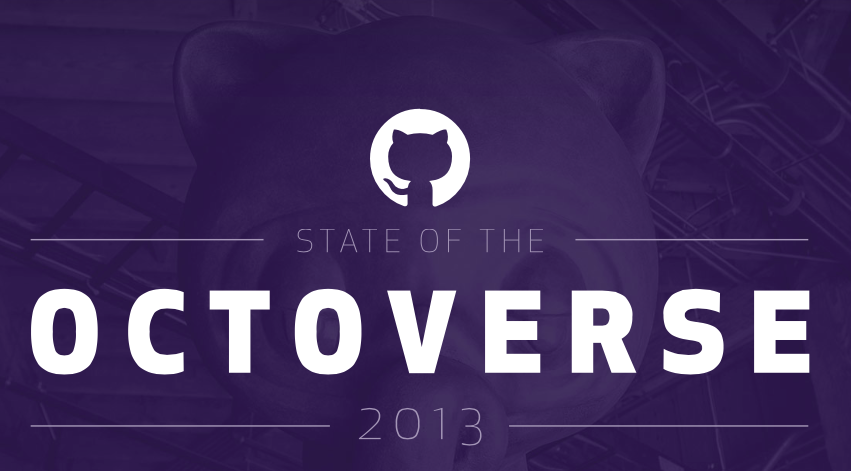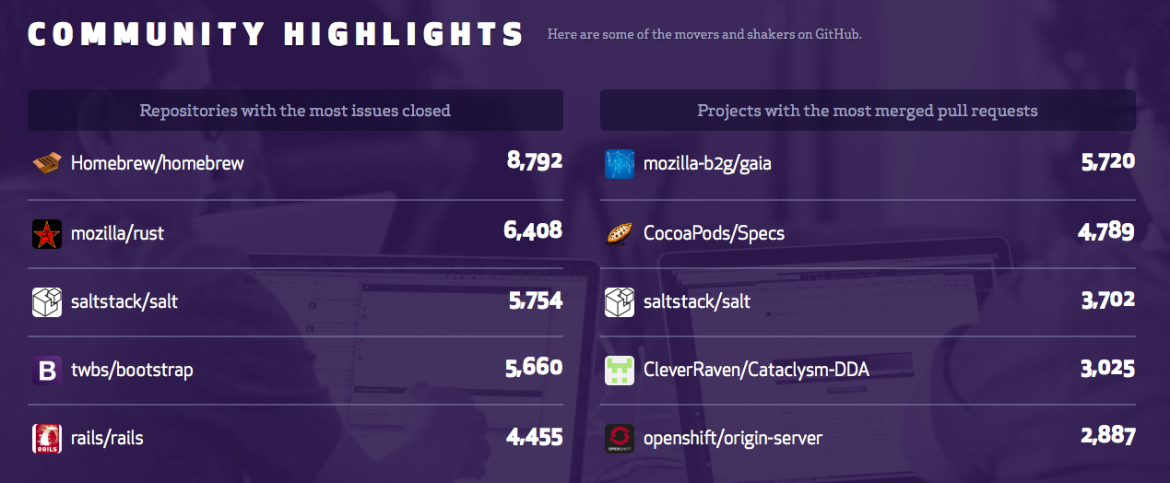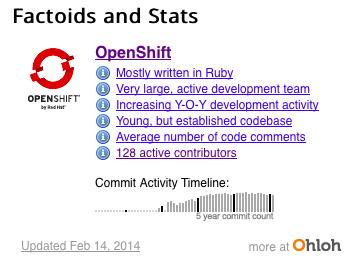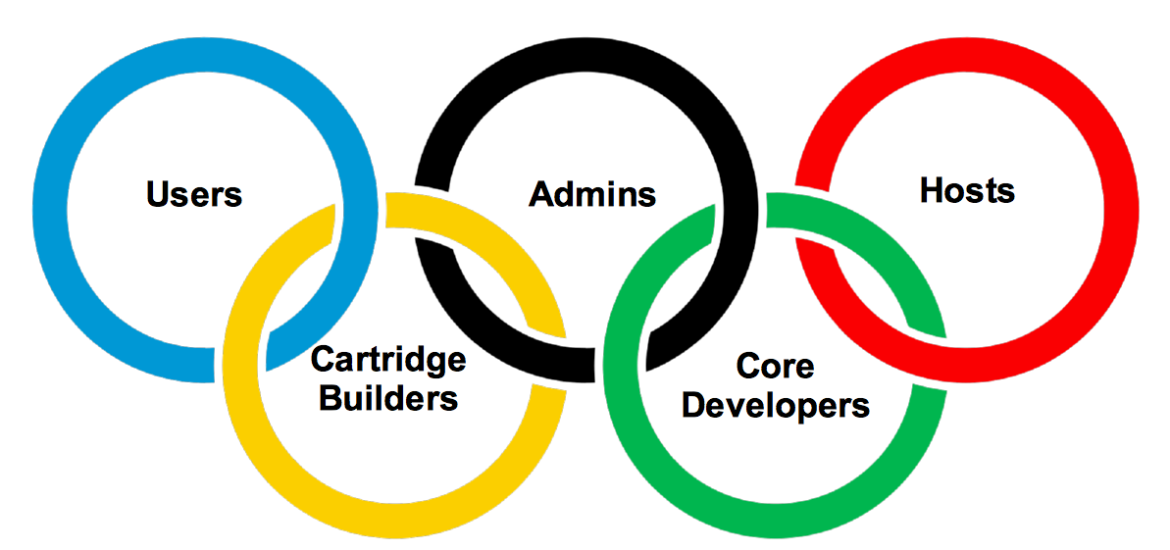Red Hat blog

One of the wonderful things about working in the open - as we have been for the past 2 years on the OpenShift Origin project - is that transparency keeps you honest, and sometimes you are rewarded with recognition for your efforts.
In Github's recent "State of the OctoVerse" 2013 recap, OpenShift Origin was recognized as one of the movers and shakers on Github. OpenShift's origin-server came in at #5 in the Community Highlights category of "Most Merged Pull Requests".
While some may try to disregard this metric as a side-effect of our automated test and build processes. In reality, this is a clear sign of Red Hat's commitment to working in an open and transparent manner. Yes, we do take advantage of automation to merge frequent pull requests, but we do this in a clear and transparent way. And unlike other supposedly "Open PaaS" projects, we have an open review process for pulls with an extremely high rate of merges into the project.

Source: http://octoverse.github.com
This recognition is even more encouraging when you consider all of the related, external open source repos that the OpenShift community is participating in as well. The OpenStack Heat & OpenShift communities have been actively collaborating on making OpenStack Heat Templates available for both OpenShift Origin and OpenShift Enterprise. There are also hundreds of OpenShift QuickStarts & Cartridges that are shared in public GitHub repositories by the community. When you take these and other related projects such as our collaboration with Docker and Solum initiatives into consideration, the level of activity in the OpenShift community is truly amazing.
Ohloh's tracking doesn't come close to incorporating all the activity.

Source: http://www.ohloh.net/p/openshift
The results of our automated test and build processes (successes and failures) are publicly available, and community feedback is an essential part of the review. Our bug lists are an open book, an invitation to all to take a look and lend a hand. We debate our development roadmap and vet our new features very publicly using Trello. Pull requests are triaged by customers and solution architects who are deploying OpenShift Enterprise in production, feeding the updates through Origin, our upstream source project. OpenShift Enterprise & OpenShift Online are production-ready on RHEL, Centos & Fedora.
We value community contributions and are always working make it easier for new contributors to join the effort. We are ever mindful that a truly successful Open Source project cannot be built in a cathedral.
Working towards building an Olympic-sized Community

OpenShift success is based on our ability to integrate multiple user communities with often very different perspectives and needs, and openly work together to create a platform that meets the needs of everyone. The transparency and openness of our processes is key.
Our forums are now on Stack Overflow where anyone is free to ask and answer questions posed by our ever-growing community of users. This all happens in the open because at Red Hat, our vision is to use technologies like GitHub, Trello, Bugzilla and Stack Overflow to encourage community collaboration and accountability.
GitHub has made the Olympic-sized task of coordinating the management of an Open Source project seem a whole less daunting and much more of a manageable process. So, many thanks to GitHub for the recognition and for being such an awesome and powerful tool for open collaboration.
Join the OpenShift Community
- Get an OpenShift account and host your web apps on the Free Plan today
- Promote your awesome app in the OpenShift Application Gallery by applying today.
- Ask an OpenShift question and get help on StackOverflow
- Join the OpenShift Origin Google community and give us your feedback
